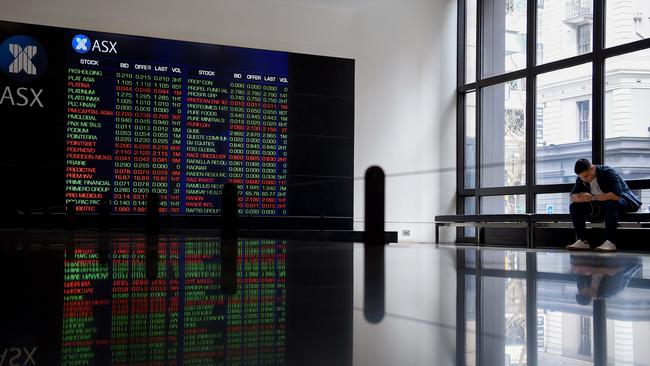
The delay will mean if the new system starts on the latest schedule it will come six years after being formally approved by the ASX board and eight years after first being floated as the replacement to the 25-year-old settlement system.
The delay follows an extensive “consultation” process and will test whether concerns raised related more to governance issues than actual timing issues.
The ASX unveiled the new timetable to a virtual meeting of stakeholders, friends and foes alike at midday on Tuesday, after releasing the details at 11am leaving little time for participants to do anything other than listen to what the stock exchange operator had to say.
The ASX champions itself as a technology company, but the Chess exercise has shown it to be a great technology integrator but so far not much of a developer.
Few could say the ASX has rushed the process, given former boss Elmer Funke Kupper was banging the drum about the distributed ledger-based replacement in 2015 and it has now been delayed for another two years.
Critics led by Computershare and Investor Relations Association boss Ian Mathieson said their concerns over governance remained, but they have now commended the ASX for making the appropriate delays.
ASX boss Dominic Stevens told The Australian the delay was caused in part by COVID-19, with participants worried about productivity challenges, and also system capacity issues raised with the rapid increases in volume earlier this year when seven million trades happened on one day, double the past record.
RBA and other regulators issued a statement earlier this month warning about system safety and consultation to ensure the new system actually worked before being introduced.
Computershare and the Governance Institute have expressed concerns that the monopoly exchange was extending its power and not enough effort was made to explain the cost and benefits of the new system.
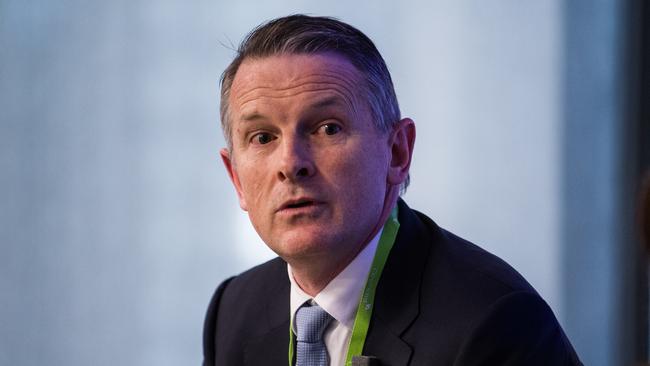
Software producer GBST was another that expressed concerns over the timing, but these have now been resolved.
Stevens says the registry firms are under attack from rivals such as Automic, which had upgraded its systems and now controls 30 per cent of the domestic registry market.
Computershare’s concerns may be more linked to its own failures to upgrade systems, according to Stevens.
The new settlement system will be a modified version of a distributed leader, with the ASX the only entity that can actually write to the ledger and provide access to users, so it will remain in control.
A pure-form blockchain allows all users access to the system with power diffused.
Separately, the ASX is proceeding with the replacement of its trading system, which will happen in the second half of November.
Stevens said this was to avoid any increased volatility around the US presidential election. The concern is that Donald Trump will refuse to accept the result if he loses, which will cause turmoil on financial markets.
The ASX is proceeding with the upgrade of Chess statements, which will be fully electronic in the first quarter of next year, offering electronic delivery to those who so choose.
Progress towards full implementation of global messaging system ISO2022 will also happen, but the settlement part of the global messaging system won’t happen until the new Chess system is in place.
The global messaging system is used by brokers and banks internationally.
The Chess replacement system, with the help of VMware and Digital Assets, is one of the first in the world to use distributed ledger technology.
EY is acting as an external consultant to the project.
From the first days when Funke Kupper first talked up the new system to actual implementation will take eight years, which is about a third of the life of the existing Chess system.
Change takes time at the ASX.
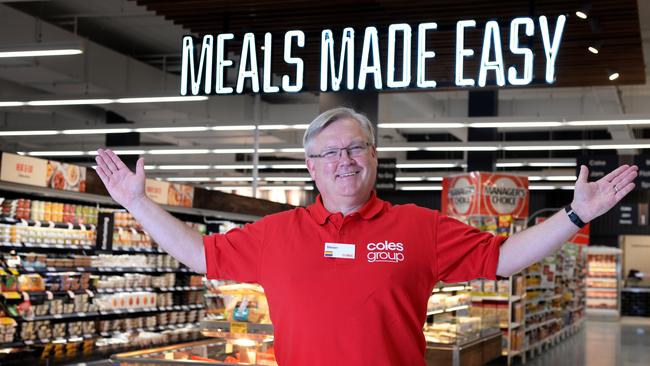
Coles riding Covid
Coles is riding the COVID effects, which in boss Steven Cain’s view has had the most profound change on the sector in living memory.
The analysts are pleased because costs are down to more like $20m-$25m in COVID costs compared to $100m in the first half and $65m in the first quarter, covering different store layouts, sanitisers and increased cleaning costs.
Cain is pleased in part because closed borders mean more Australians are in town and they are eating at home more and going upmarket when they do.
It’s not all good news as his highest transaction store in the Sydney CBD has suffered a fall in visitors due to COVID-19 and the absence of foreign students, which means while the top 20 stores have seen sales increase 48 per cent, the bottom 20 have fallen by 29 per cent.
Coles is still a work in progress, which means analysts are tipping Woolworths will top its stunning 9.7 per cent comparable store sales growth in the first quarter of this fiscal year. Coles was ahead of estimates and the second-biggest quarter in history, against the 13.1 per cent increase in the March quarter last financial year, when COVID-19 first hit.
Woolworths is further down the road of converting its distribution centres, online sales capability and store locations, but Cain through his Witron DC deal and Ocado online fulfilment centres is poised to close the gap shortly.
Online sales were 6 per cent of total sales, and housebrand sales jumped 12.6 per cent with 680 new items, which is boosting total penetration above 30 per cent towards the targeted 40 per cent of sales.
Food for thought
PFD founder Rick Smith recently declared there were no real competition issues in the recent $552m sale of 65 per cent of his food service business to Woolworths.
This is akin to the Pope declaring himself a Catholic.
There are competition concerns and, come December when the first ACCC decision is due, it will surprise if it doesn’t raise at least some preliminary concerns because of Woolworths’ 40 per cent-plus share of the supermarket business.
Woolworths (annual sales $64bn) has said it will ringfence its supermarket purchasing so as not to influence food service suppliers, which is a nonsense, that there is little supplier overlap and low barriers to entry in food services.
PFD has 11 per cent of the market behind South African-based BidFoods ($2bn-plus) and just ahead of Superior Foods and two sizeable co-ops in Countrywide ($2bn) and NAFDA ($1.2bn).
Suppliers to Woolworths have expressed their concern to the ACCC, as have food service competitors, because what Brad Banducci calls buying an adjacency business is an extension of his market share, and the concerns have some merit.
He also runs the soon to be divested biggest single line of hotels in the country.
US-based Emergent Cold has just entered a partnership with 7 Eleven, displacing Metcash, so there is movement in the ranks but it’s hard to get past the sheer buying power of Woolworths.


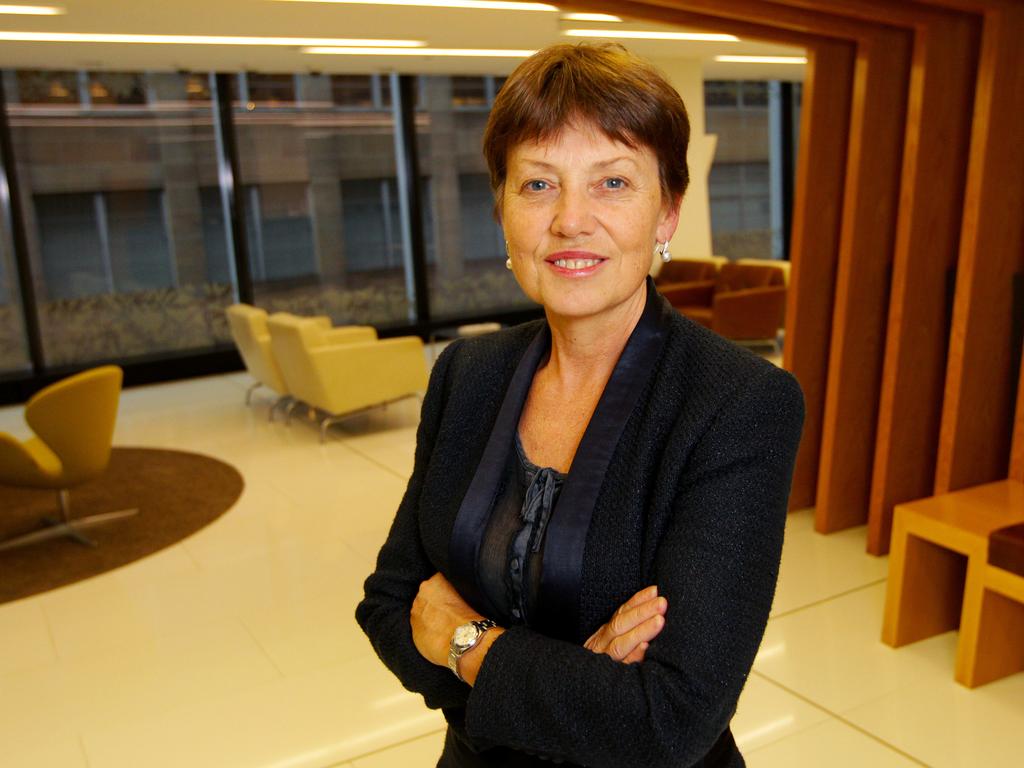

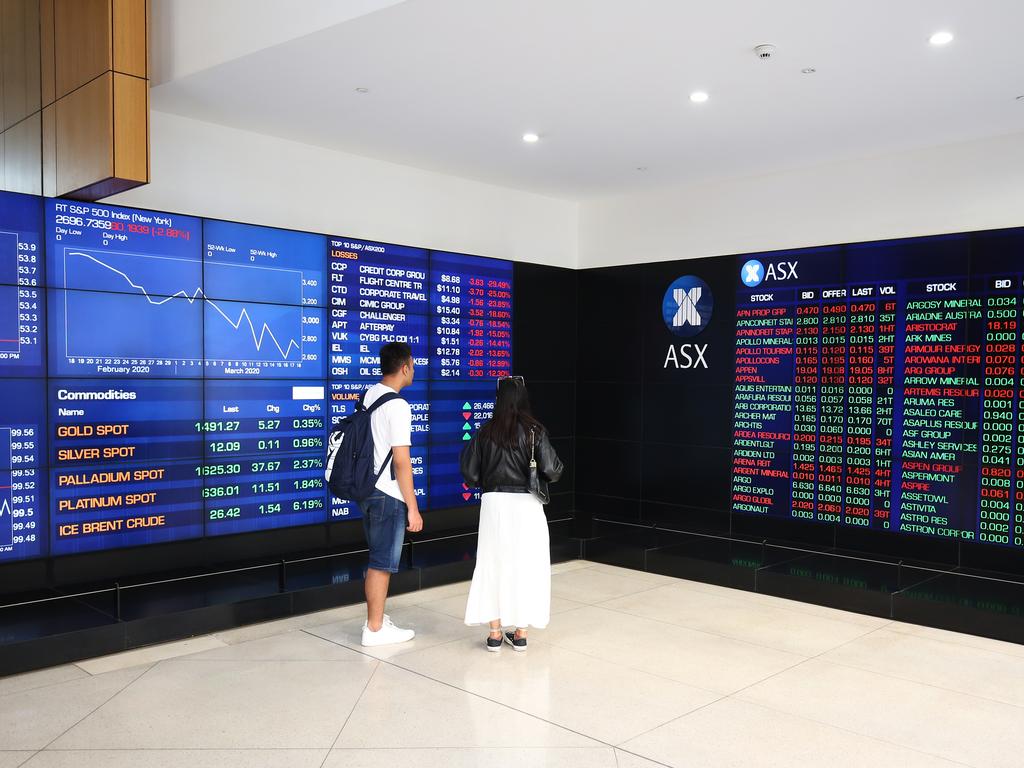



After being rapped on the knuckles by regulators, the monopoly ASX exchange has answered customer concerns and delayed the introduction of its Chess replacement for another 12 months, to April 2023.